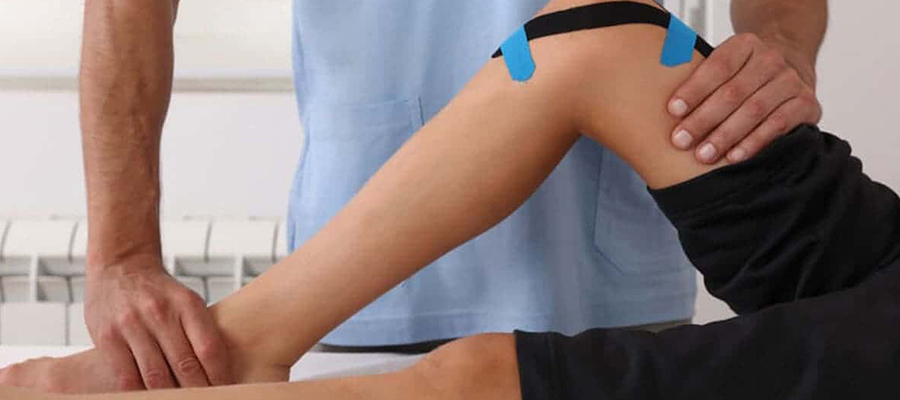
Estimated reading time: 3 minutes and 11 seconds
Anterior Cruciate Ligament Injuries
Comprehensive Anterior Cruciate Ligament Injuries Treatment at Aktif International Hospitals
Anterior Cruciate Ligament (ACL) injuries are common knee injuries, often occurring during sports activities or due to sudden movements that put stress on the knee joint. At Aktif International Hospitals, we understand the impact of ACL injuries on mobility and athletic performance. Our orthopedic specialists are dedicated to providing comprehensive ACL injury treatment to help patients regain strength, stability, and function in their knees.
Frequently Asked Questions
What is the anterior cruciate ligament (ACL), and how does it get injured?
The anterior cruciate ligament (ACL) is one of the major ligaments in the knee joint, responsible for providing stability and preventing excessive forward movement of the tibia (shinbone) to the femur (thighbone). ACL injuries often occur during sports activities that involve sudden stops, changes in direction, or direct impact on the knee, resulting in sprains or tears of the ligament.
What are the symptoms of an Anterior Cruciate Ligament injury?
Common symptoms of an anterior cruciate ligament injury include a popping sensation at the time of injury, pain and swelling in the knee, instability, or a feeling of giving way, and difficulty bearing weight on the affected leg. In some cases, individuals may experience limited range of motion and difficulty walking or participating in activities that require knee stability.
How is an Anterior Cruciate Ligament injury diagnosed?
Diagnosing an ACL injury typically involves a combination of medical history, physical examination, and imaging tests such as magnetic resonance imaging (MRI) scans. The orthopedic specialist will assess the severity of the injury, determine whether other structures in the knee are affected, and develop a personalized treatment plan based on the individual’s needs and goals.
What treatment options are available for ACL injuries?
Treatment for anterior cruciate ligament injuries depends on various factors, including the severity of the injury, the patient’s age, activity level, and overall health. Non-surgical treatment options may include rest, ice, compression, elevation (RICE protocol), physical therapy, and bracing to stabilize the knee. In cases of severe ACL tears or significant functional impairment, surgical intervention such as ACL reconstruction may be recommended.
How is Anterior Cruciate Ligament reconstruction surgery performed?
During ACL reconstruction surgery, the orthopedic surgeon replaces the torn ACL with a graft, typically harvested from the patient’s own hamstring tendon, patellar tendon, or a cadaver donor. The graft is secured in place using screws or other fixation devices to restore stability and function to the knee joint. Rehabilitation and physical therapy are essential components of the recovery process to strengthen the knee and improve range of motion.
What is the recovery process like after ACL reconstruction surgery?
The recovery process following anterior cruciate ligament reconstruction surgery varies depending on factors such as the extent of the injury, the type of graft used, and the patient’s adherence to post-operative rehabilitation protocols. Patients typically undergo a progressive rehabilitation program, starting with gentle range-of-motion exercises and gradually advancing to strengthening exercises and functional activities. Most patients can return to sports and other activities within 6 to 12 months after surgery.
Trust Aktif International Hospitals for Expert Anterior Cruciate Ligament Injury Treatment
At Aktif International Hospitals, we’re committed to providing expert ACL injury treatment and comprehensive care to help patients recover from knee injuries and regain optimal function and mobility. Our experienced orthopedic specialists utilize advanced techniques and personalized treatment plans to ensure the best possible outcomes for every patient. Schedule a consultation with us today and take the first step toward recovery with Aktif International Hospitals.
Author: Şuap Kibar


 TR
TR FR
FR ES
ES RU
RU RO
RO